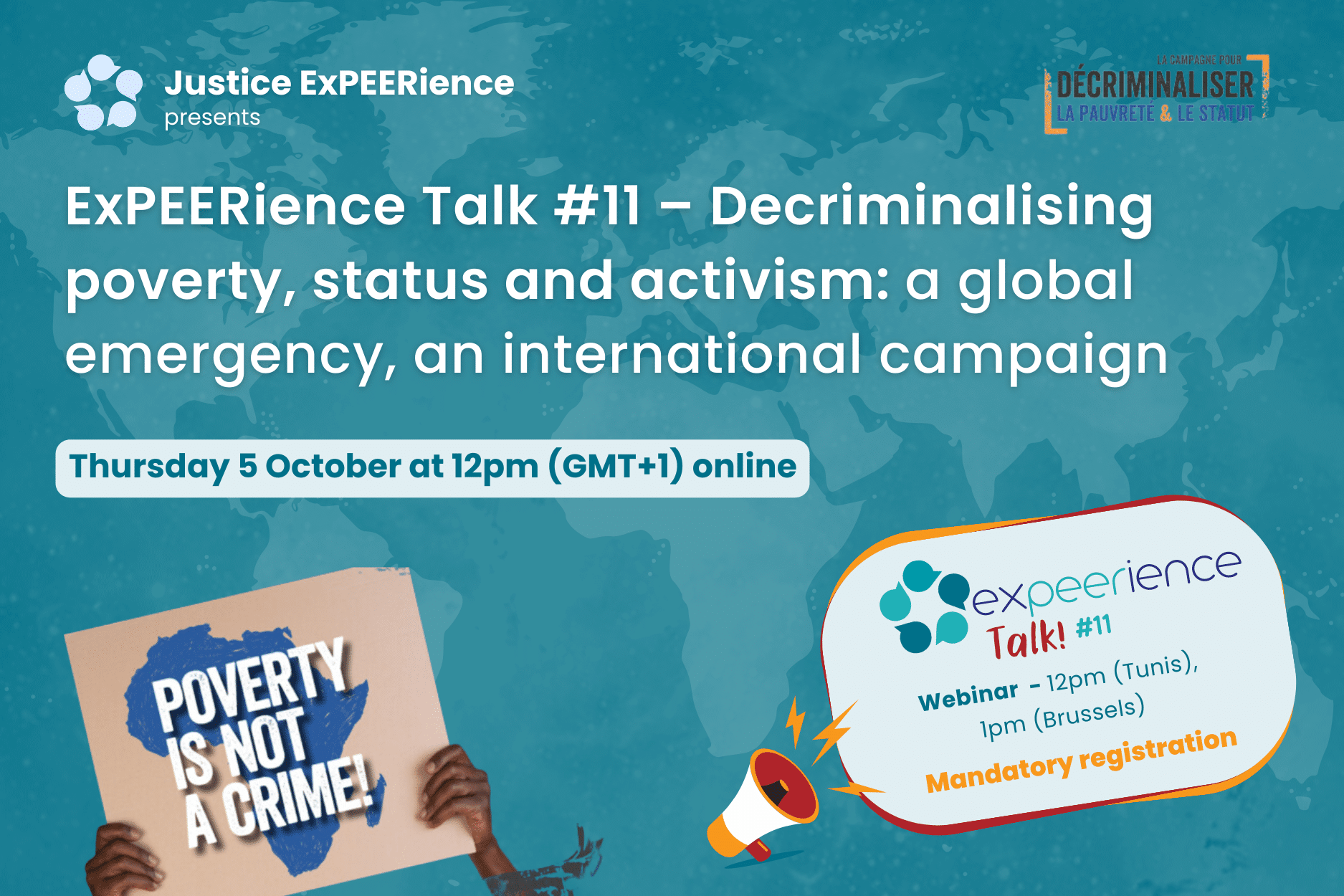Category: Communities of practice
-
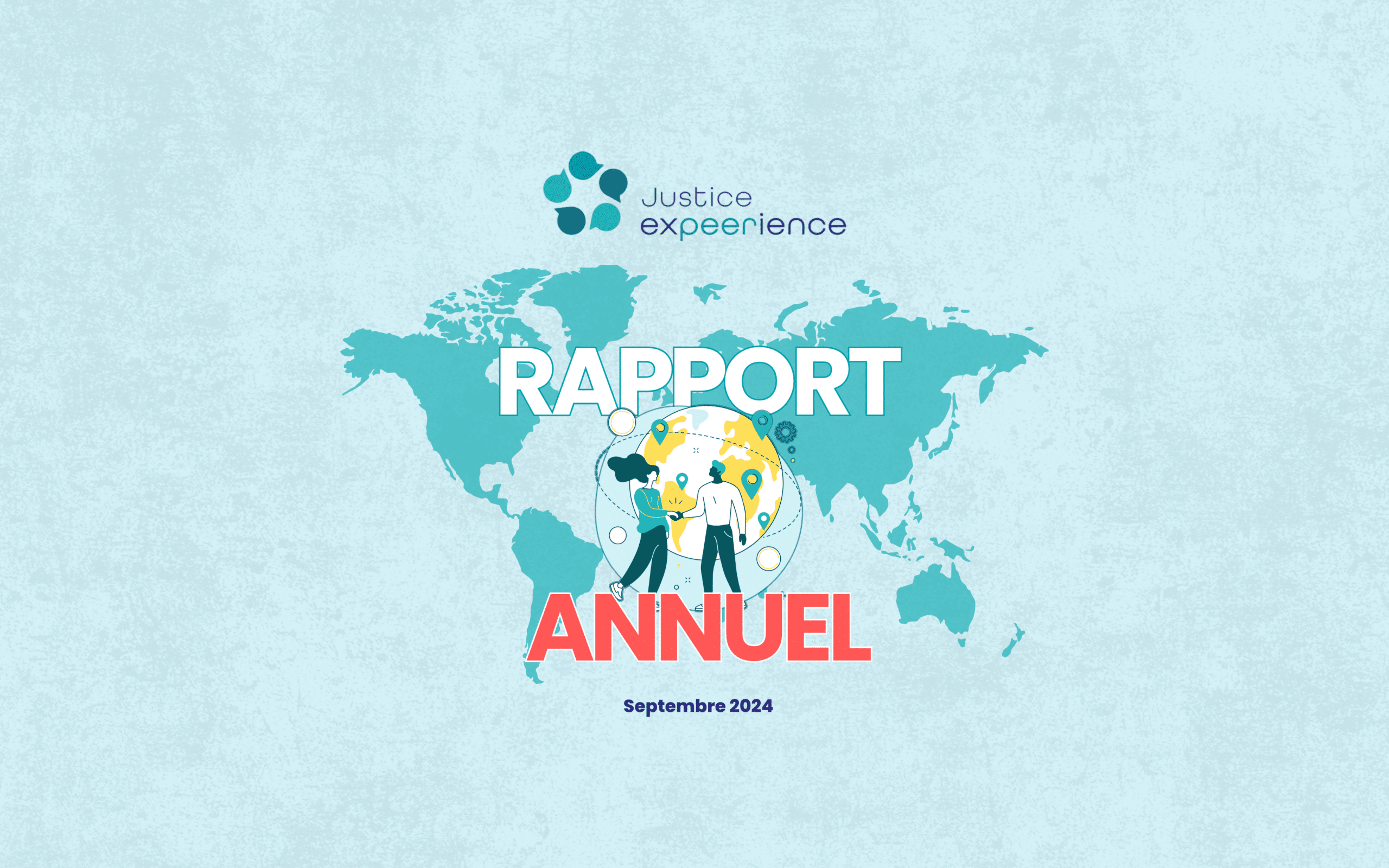
The Justice ExPEERience network keeps growing: evolution and new features
Justice ExPEERience celebrated its 3rd anniversary this summer! To mark the occasion, the network’s coordination team is proud to present the Justice ExPEERience annual report.
-

What’s new with Justice ExPEERience?
Justice ExPEERience was launched in 2021 by Avocats Sans Frontières. Today, the network brings together over 800 members working in the fields of human rights defense, access to justice and the fight for social justice in some 50 countries.
-
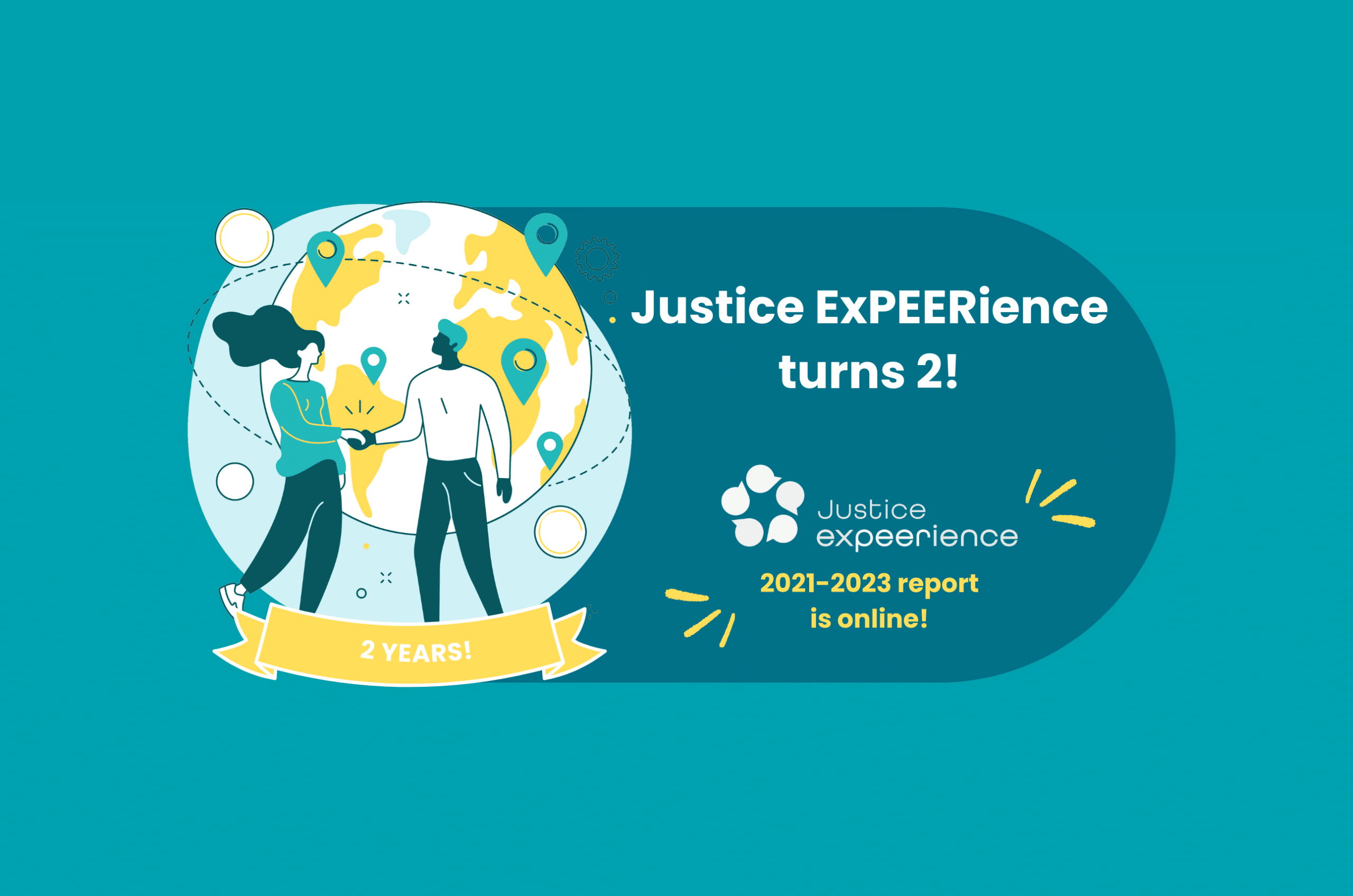
Justice ExPEERience, the human rights network launched by ASF, celebrates its second anniversary
Two years ago, Avocats Sans Frontières launched Justice ExPEERience, a network for the promotion of human rights, as well as an online platform of the same name to support and energise this network. This anniversary is an opportunity for us to look back at the history and mandate of the Justice ExPEERience network and its…
-
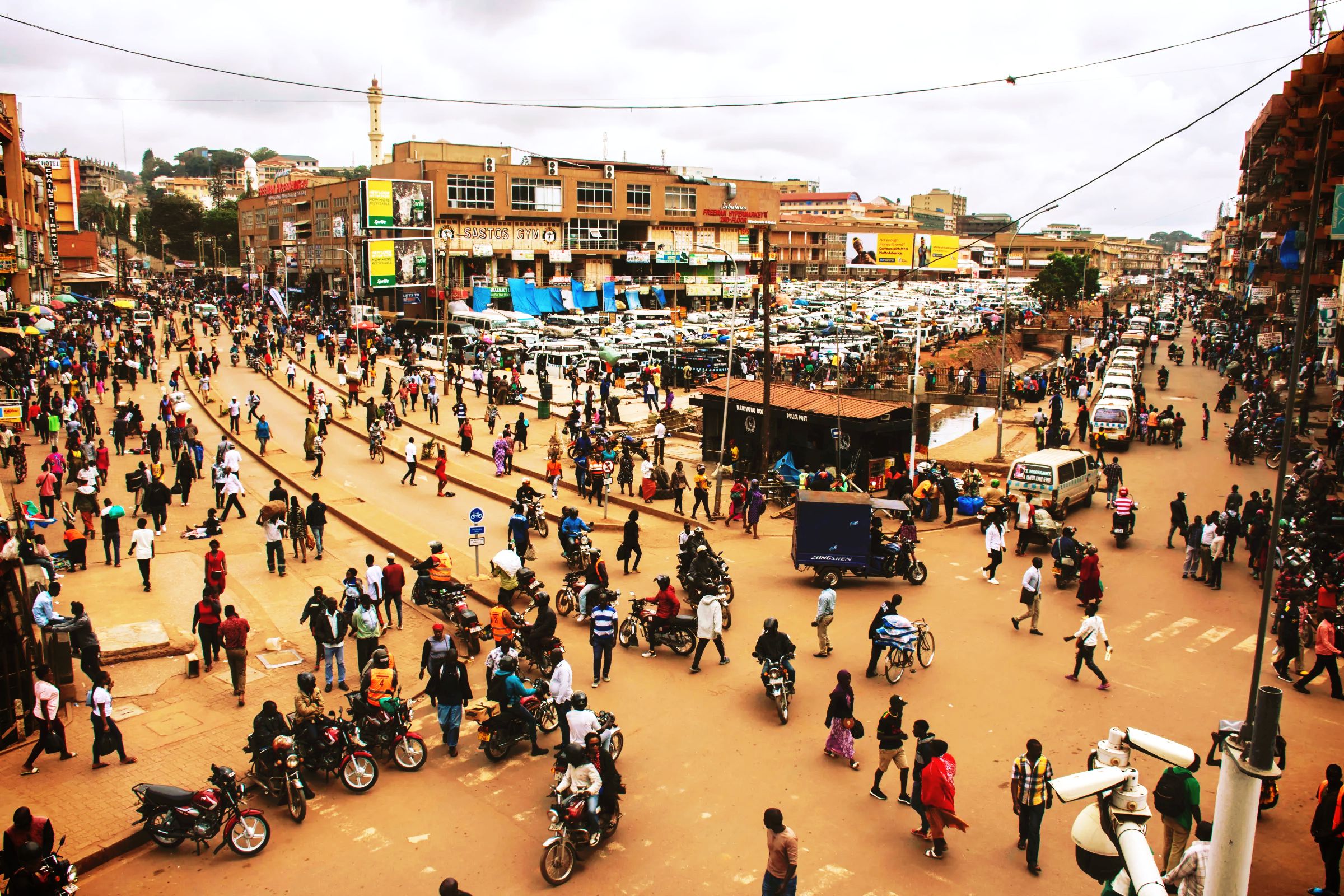
East Africa – Protecting civic space: A public interest litigation approach
In 2022, ASF’s East Africa office launched a project covering three countries in the region: Burundi, Tanzania and Uganda. The objective of the project is to contribute to the advancement of the rule of law through the understanding and usage of regional human rights treaty bodies, mechanisms and instruments by local civil societies organisations.
-
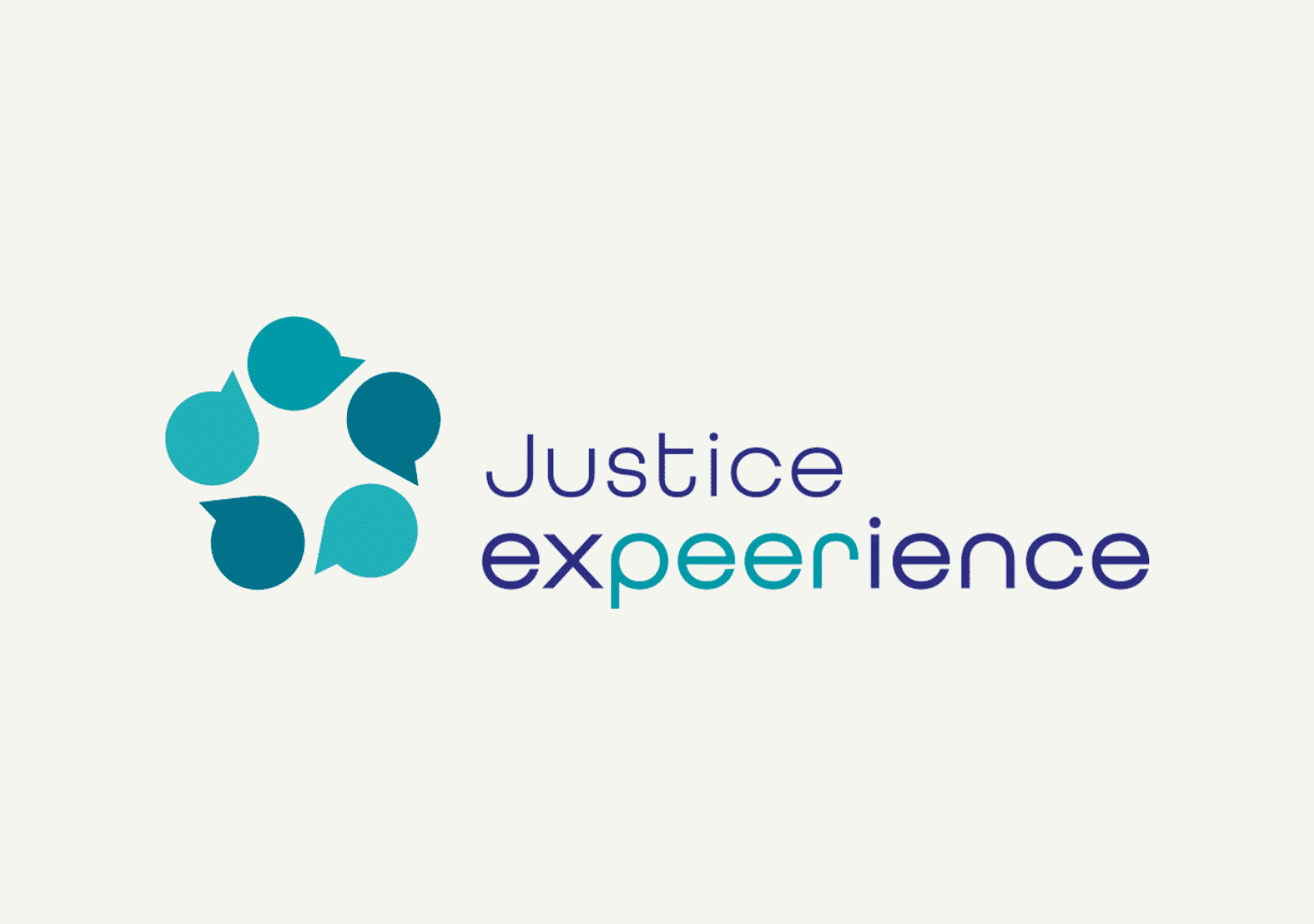
Justice ExPEERience: a network and a platform for the promotion of human rights
Justice ExPEERience is an international network of actors active in the promotion of human rights on all five continents. It is above all a collaborative network, in which members are invited to share their experiences and expertise, but also to work together, in coalitions or communities of practice, on concrete projects for monitoring human rights…
-

ASF launches Justice ExPEERience, a network for human rights defenders!
Justice ExPEERience was created to link actors in the fight for human rights and access to justice around the world, while allowing them to maintain their autonomy and encouraging them to create dynamics with or without ASF. In order to support this network, ASF has created a tool dedicated to the creation of sustainable links…

